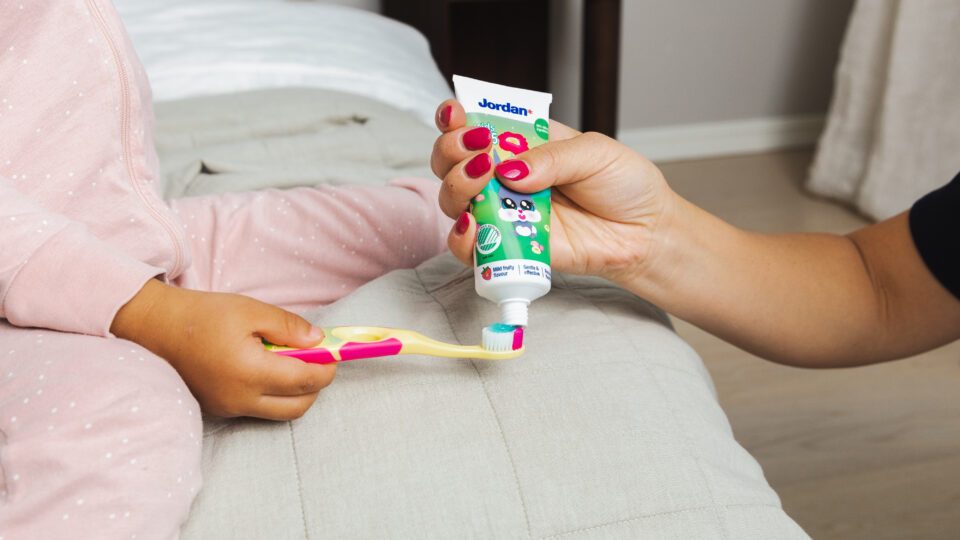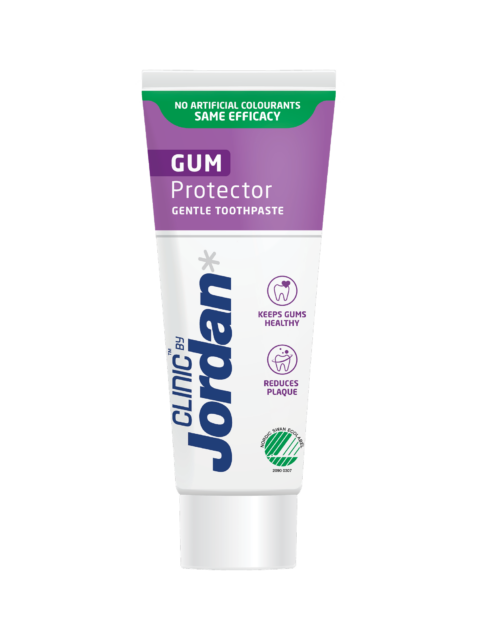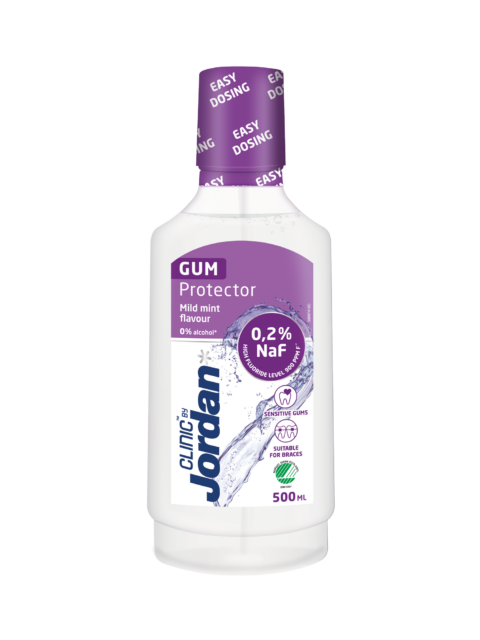Mouth sores or aphtha? Here’s what to do
Stress and having a cold are only two possible reasons for mouth sores. What to do if the discomfort occurs? Here's some good advice.

Do you experience blisters in your mouth? You’re not alone. According to the Norwegian Health Information around 15-20 percent of the population experiences mouth sores or blisters, known as “aphtha”. All ages can experience aphtha, and it can occur on both the tongue, on the roof of the mouth, back in the throat and on the inside of cheeks and lips.
Aphtha can be white or yellowy white, round or oval sores with a red edge. They can span from only a few millimetres to larger blisters. It’s painful to have aphtha and it often stings when eating or drinking sour foods and beverages.
Stress can give mouth sores
The reason for aphtha is unknown, but lifestyle can impact the occurrence. Blisters and mouth sores can often come after periods of stress, or as a result of a reduced immune system after being sick.
Stress and hormonal changes can be triggering factors. Changes to the teeth can also give blisters and sores, like during braces, losing or damaging a tooth. If there’s an infection to the root of the tooth, the infection can spread. If you suspect an infection, you have to consult with your local dental expert. An infection will not go away by itself and needs to be treated.
Some types of viruses can also give mouth sores and aphtha. Herpes simplex can give blisters, often called cold sores, and WHO estimates that around 2/3 of the population have HSV1 (Herpes Simplex Virus 1). Chickenpox and thrush can also give blisters and sores in the mouth.
Treatment of mouth sores
If you have aphtha it, fortunately, goes away by itself. You can relieve the discomfort by using milder toothpaste, some experience relief with changing to a toothpaste without SLS, or toothpaste with milder mint. Try to avoid sour or spicy foods and beverages that often sting when having mouth sores. If the sore is especially hurting you can check with your doctor, dentist or pharmacy for pain relief.
If you experience reoccurring mouth sores, you should contact your doctor to rule out any underlying conditions. In some instances having frequent mouth sores can be associated with lack of iron, vitamin B12, folate, or even intestinal diseases like Crohn’s, ulcerative colitis or celiac disease.
Remember:
- Use mild toothpaste
- Avoid sour or spicy foods and beverages
- Contact your doctor in case of reoccurring mouth sores
You might want to read


Yellowing teeth: Myths and causes
Teeth discolouration is something we all have to deal with at some point in our life. There are several reasons that cause the yellowing of…
Read more
How much toothpaste should kids use?
Jordan's step toothbrushes come with a toothpaste guide, but how much toothpaste should children use at what age? Here's a guide for every stage of…
Read more
